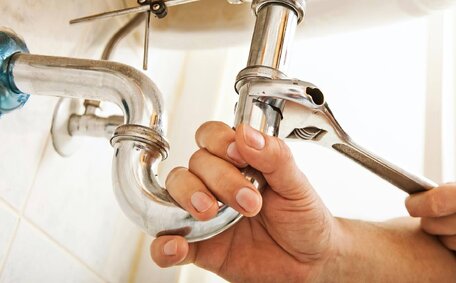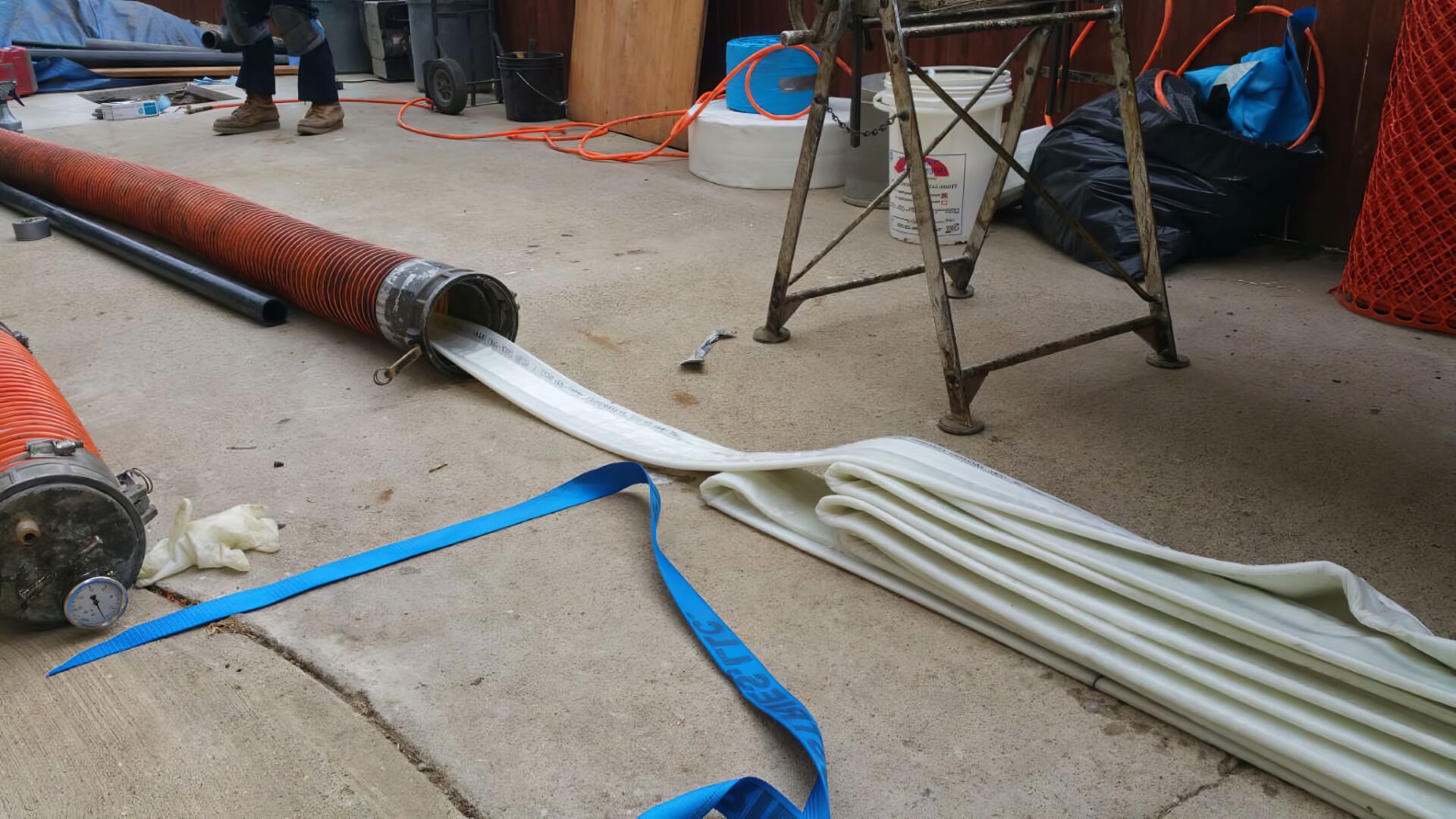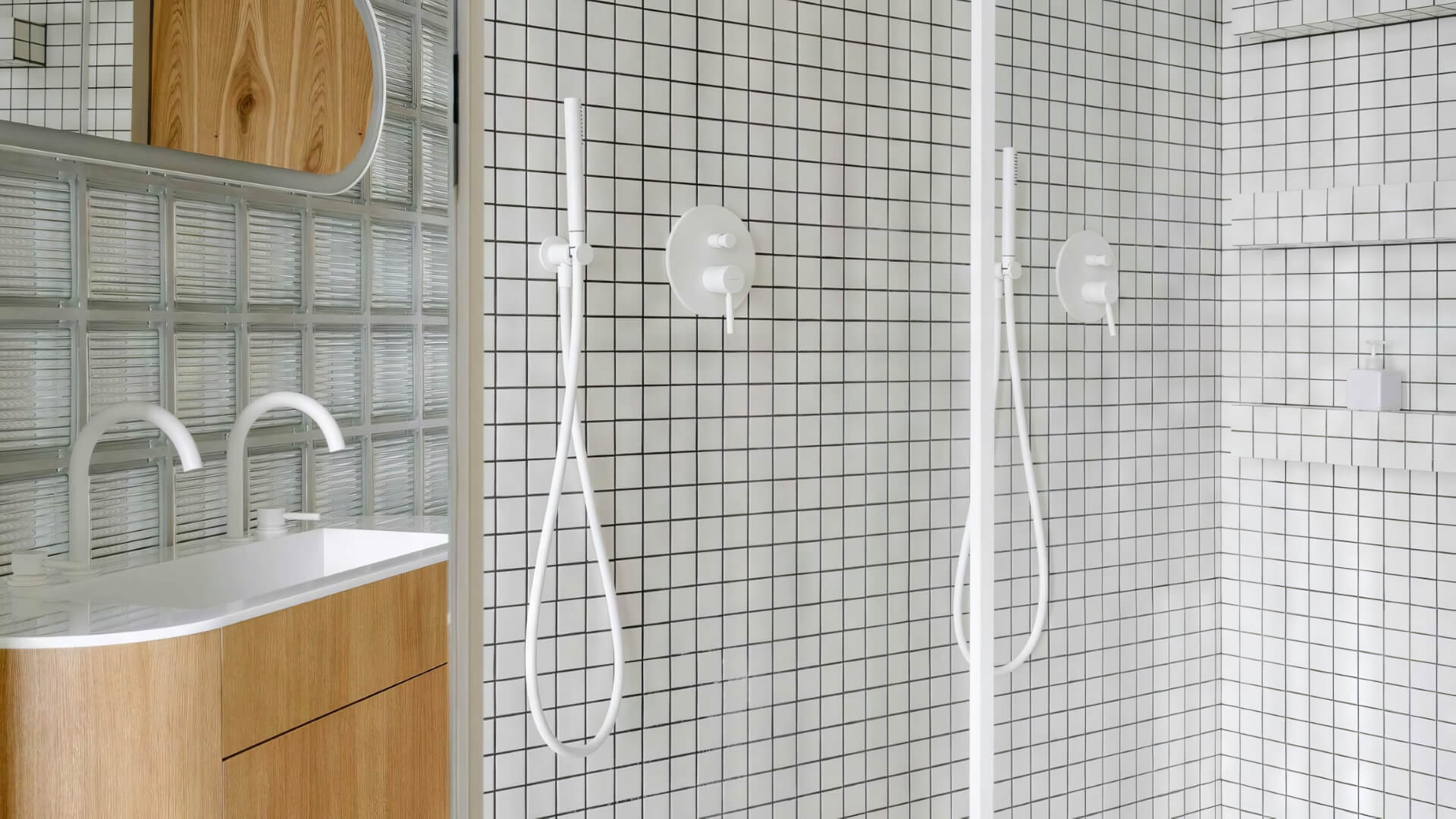Introduction: The Importance of Water Conservation During Emergencies
Access to clean, safe drinking water is essential, yet many of us take it for granted. With only 1% of the world’s water being potable, it’s crucial that we conserve this precious resource. In plumbing emergencies, such as burst pipes or blocked drains, the waste of freshwater can escalate quickly.
Implementing water-efficient fixtures, regular maintenance, and emergency preparation helps prevent excessive water loss. Small habitual changes also cumulatively make a big difference. Taking shorter showers, turning off taps, and fixing leaks quickly preserves water for essential needs.
Using less water results in reduced energy required for water treatment, which conserves resources. And preventing emergencies like pipe bursts minimises water damage and expensive repairs.
This guide provides practical plumbing tips to save water and enhance efficiency, with a focus on household plumbing fixtures. Adopting these measures will prepare you for household plumbing emergencies, ensuring resource conservation and responsible daily water usage.
Using lnd prevents potential home damage and inflated water bills. A seemingly minor dripping tap can result in significant long-term water loss. Addressing a leaking tap or noticing a small drip early can stave off larger problems in the future:
- Regular checks for a water leak in plumbing pas which may indicate hidden leaks.
- Monitoring your water meter uncovers unknown leaks, enabling more efficient management of your home’s water supply. Frequent small increases in your water meter when no water is being used can lead to the discovery of a leak.
- Engage in leak detection by noting changes in water pressure, which can also indicate a change in flow rate. Lower pressure, accompanied by knocking or hammering noises, can signify loss of water from your pipes.
- Listen for unusual sounds such as running water when taps are switched off; this vigilance could lead you to identify and address leaks quickly.
- Regularly inspect areas prone to leaks, such as under sinks, for moisture or water signs when cleaning.
Act promptly when you detect a leak—calling your plumber to shut off the water supply can prevent costly water loss and expensive repairs. Be sure to opt for a water-efficient shower head and taps that optimise flow, converting your rinse into a practice of water conservation rather than overuse.
Do-It-Yourself Fixes for Minor Leaks
You can temporarily halt water loss from minor, accessible tap leaks with simple DIY fixes.
Leaking pipe: Tightly apply duct tape around the leak for a temporary seal. Make sure the pipe is dry before applying the tape for effective adhesion. This method is a sound water-saving tip for a temporary waterproof seal.
Dripping tap:
- Turn off the shutoff valve below the tap to stop water flow.
- Take off the tap handle and use a wrench to loosen the holding nut.
- Remove any debris and washers, replacing if worn.
- Ensure washers are correctly seated and re-tighten all connections.
Proactively replacing old washers and O-rings can prevent maintenance issues and effectively fix leaking taps. Take photos during DIY repairs for future reference. While quick fixes reduce wastage, contact a plumber immediately for any major leaks.
When to Call a Professional Plumber
While some minor leaks and blockages are manageable with DIY methods, certain situations require professional intervention.
For urgent plumbing issues, such as major pipe bursts, contact a licensed plumbing service like Petersham Plumbing on 1300 349 338 immediately.
- A major burst pipe flooding your home
- Water gas leaks - never attempt to fix these yourself
- Total blockage or a blocked drain in the main sewer system
- Major leaks where a DIY fix has failed
Our team of skilled, licensed plumbers swiftly diagnoses and solves plumbing problems throughout the Lake Macquarie region. As your local plumbing experts, we recommend quality replacement parts for quick repairs and maintain a ready inventory of essential items.
Serious plumbing emergencies demand professional tools and expertise to safeguard your whole water system. DIY attempts can worsen the situation, potentially leading to extensive damage and higher costs.
Call us for help with major plumbing issues like burst pipes, gas leaks, sewer blockages, or a complete water outage. Prompt intervention can greatly reduce repair costs and water waste, positively affecting your water bill.
While some minor leaks and blockages are manageable with DIY methods, certain situations require professional intervention.
A major burst pipe flooding your homeInstalling Water-Efficient Fixtures and Appliances
Updating your home with water-efficient fittings and an optimised hot water system cuts down on unnecessary heating and conserves water. Choose products with a high WELS rating to manage your water heater, using less water than inefficient models. A higher rating indicates a fixture’s enhanced capacity to lower water consumption.
Here are some suggested water-efficient devices to ct water. Aim to become more water-conscious by choosing 5 star rated models.
Low-flow showerheads can limit water use to 9>Dual flush toilets, featuring a split button for a full or half flush using 6 or 3 litres, offer considerable water savings. 4 star models use 4.5 litres on average per flush.Investing in water-efficient washing machines and dishwashers with a 4 star WELS rating or higher can save plenty of money on your water bills.Selecting appliances with higher water efficiency can yield substantial savings on annual water expenses and ease the burden on water infrastructure. Diligent maintenance can prevent complications in your plumbing system and reduce excessive use, thus conserving water resources and ensuring your system runs efficiently for maximum savings.
Upgrading household fixtures are proactive steps can take to reduce water use while being geared up for potential plumbing emergencies. Get in touch with our team at Petersham Plumbing on 1300 349 338 for expert water saving tips and help selecting suitable products.
Collecting Rainwater and Greywater for Reuse
Harvesting rainwater and greywater can cut down on your household’s water consumption, offering both financial and environmental benefits.
Rainwater can be gathered by directing downpipes from gutters into water tanks. Opt for a large tank size and locate it close to where rainwater will be used, like for watering gardens. Connect a hose to the tank outlet for convenience.
Greywater from showers, baths, sinks and washing machines can also be collected in buckets and used to flush toilets. Position buckets in the shower and bath to catch excess water as it warms up or drains. Just tip the greywater into the toilet cistern.
Collected rainwater and greywater provide an alternative source for non-drinking water needs, reducing mains water usage. This preserves our precious drinking water supply in times of drought or emergency.
Harvesting rainwater and greywater can cut down on your household’s water consumption, offering both financial and environmental benefits.
Strategic Water Use During Emergencies
When plumbing emergencies occur, strategic water use is crucial to avoid excessive wastage and prevent further damage. Adhering to these direcy halts the supply, and thus any active leaks, preventing further loss. This stops the water can flow into your home to contain leakage and floodin used during each flush, which will help save this vital resource. Flush only when absolutely necessary.
Limit your showers to under 5 minutes, using more than enough time for effective cleansing without wastage. Alternatively, consideull loads before running your washing machine and dishwasher.Keep a reserve of drinking water in sterilised bottles for your family.Keep a wary eye on when water is being used and explore avenues to reduce such consumption.Fixinger-efficient fixtures and collecting greywater/rainwater also promotes conservation.
Adopting strategic water use tactics is essential during emergencies, as they ensure prolonged supply, prevent wastage, and promote smarter water use.






